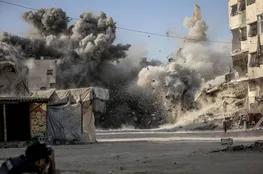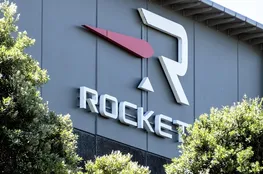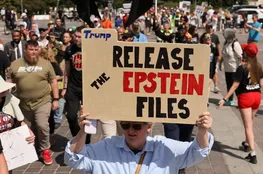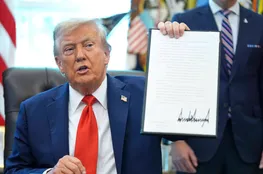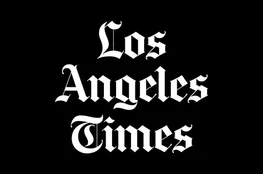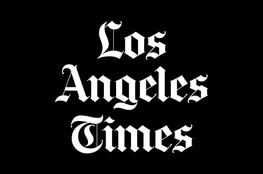Reports emerged recently indicating that North Korea may have dispatched troops to Russia, allegedly to assist in the ongoing invasion of Ukraine. Ohio Representative Mike Turner, who chairs the House Republican Intelligence Committee, has expressed strong concerns over this development, describing it as a "red line" that necessitates a robust response. Turner referenced information from various sources, including CNN, which suggested that up to 12,000 North Korean soldiers could be involved. Additionally, intelligence from Ukraine and South Korea hints at the movement of these troops aboard Russian naval vessels.
Turner emphasized the severity of these troop movements if confirmed, considering them a significant escalation in the Ukraine conflict. He urged for immediate actions from both the United States and its NATO allies to prevent the potential broadening of hostilities. The possibility of North Korean troops either launching attacks from Russian territories or even entering Ukraine underscores the gravity of the situation. Turner insists that such actions must represent a non-negotiable "red line" for Western powers.
This strong backing for Ukraine contrasts with the nuanced shifts in Republican perspectives on Russia following Donald Trump's success in the 2016 presidential election. Trump has controversially suggested that Ukrainian President Volodymyr Zelensky bears some responsibility for the conflict's outbreak, claiming that Zelensky allowed the war to happen despite Russia's initial aggression dating back to 2014 with the annexation of Crimea, well before Zelensky's tenure began in 2019. In an interview with Patrick Bet-David, Trump criticized Zelensky's approach, questioning the extensive financial support provided to Ukraine by the United States.
Trump's detractors have accused him of exhibiting appeasement tactics towards Russia, with former U.S. national security adviser Susan Rice labeling him a "surrender monkey" in his dealings with the Russian administration. Despite Turner's warnings, he has not specified what measures the United States and NATO should adopt to address the potential involvement of North Korean forces in the region. The full extent of the potential policy responses remains uncertain, adding layers of complexity to an already intricate geopolitical challenge.



